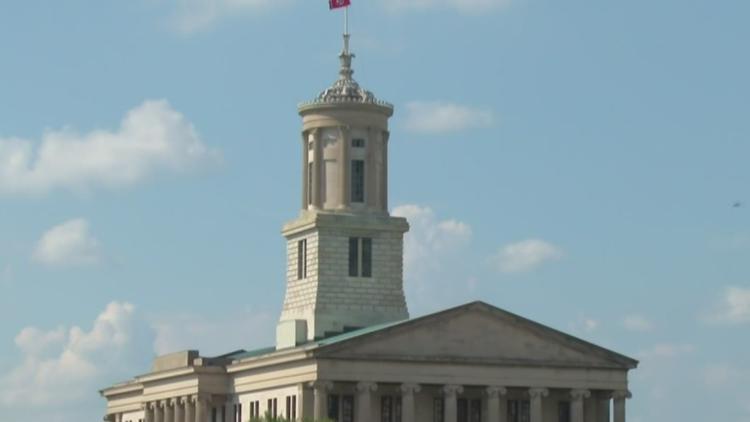Tennessee lawmakers are clashing over how to balance the state budget, with the Senate and House opposed on the best way to provide relief to Tennesseans affected by the COVID-19 pandemic.
Senate lawmakers finished drafting their $39.4 billion spending plan last week, ahead of the House, which included $1.5 billion in cuts over three years. The Senate's version aligned with what Gov. Bill Lee's administration outlined to address the expected revenue drops caused by coronavirus.
However, House lawmakers unveiled a drastically different budget proposal this week. Their version includes a $100 million sales tax holiday, which would allow sales tax breaks on vehicle sales over Labor Day weekend, adding an extra weekend of tax-free back-to-school shopping — during which the tax exemptions would double — and a week of tax-free dining at restaurants.
The House budget also plans for $1.5 billion in cuts over two years, rather than three years as outlined in the Senate.
Meanwhile, the Senate budget includes the elimination of the state's Hall income tax on stocks and bonds — and not an expanded sales tax holidays.
The Tennessee Legislature began phasing out the state's Hall tax in 2016, with its total elimination beginning Jan. 1, 2021. The current Hall tax rate is 1% on dividends from stock.
In the House, that final elimination of the 1% tax would be pushed back until 2025.
Both budgets remove automatic salary bumps for state lawmakers for the upcoming fiscal year. They also both remove $25 million set aside to help implement a contentious school voucher plan that is currently being blocked due to an ongoing legal battle.
Additionally, the two plans agree to funnel $200 million to the state's cities and counties — though the House version specifically outlines how much each local government would get. There are no restrictions on how the money can be spent.
The House budget still needs to clear the full floor, though it's expected to easily pass the GOP-dominant body. That means the Senate and House will have to negotiate a final version before being able to adjourn.



